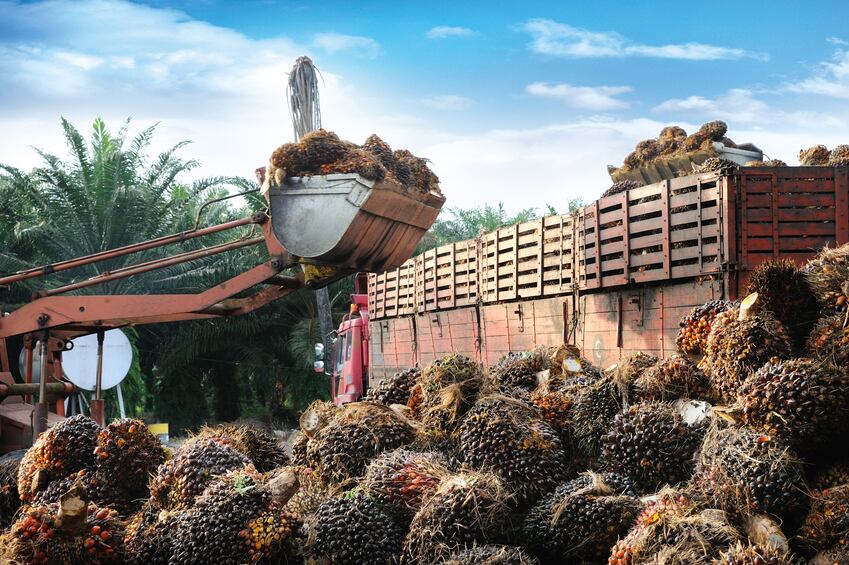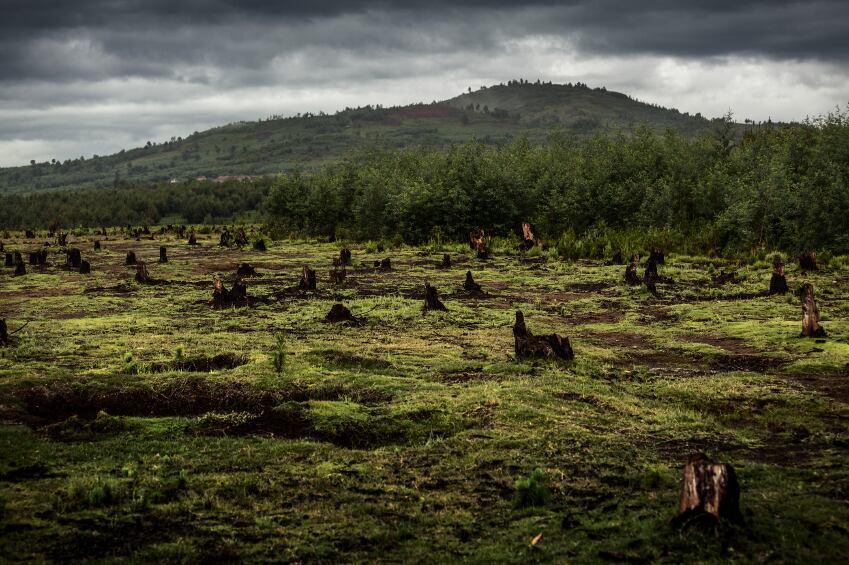Speaking to FoodNavigator last week during the RSPO's annual roundtable meeting, Carl Bek-Nielsen lashed out against certain RSPO members.
“We growers can’t understand how some members can go about using ‘no palm oil’ labels. It […] goes against the spirit of RSPO and doesn’t help RSPO to attract more growers to join. This cannot be in the interest of those who actually want to support and promote sustainable palm oil production."
The problem is not a new one, and last year RSPO members such as Unilever and Tesco asked the certification board to crack down on such claims.

'This is hypocrisy'
“My personal point of view and that of most growers around the world [is that] they are simply not taking ownership and are doing so for short term economic benefits," said Bek-Nielsen, who also sits on RSPO's board of governers as co-chair representing the Malaysian Palm Oil Association.
“It’s the easy way out; they are shying away from their responsibilities and are above all not facilitating the objective of the RSPO which is to make sustainable palm oil the norm."
“The label is even on products that never contained palm oil in the past. How are you ever going to convince more growers to come on board when there are some members doing this? This is hypocrisy.”
Italian pasta and bakery product manufacturer Barilla, an RSPO member that uses a 'no palm oil' label on some products, said the use of palm-oil free labels on its products stemmed from a long-term commitment to improve the nutritional profile of its products by cutting saturated fats.
“Then following the opinion of EFSA ([the] top European regulator on such issues) in May 2016 warning about certain risks, we accelerated the replacement and have since worked hard to replace palm oil from all our products,” a Barilla spokesperson added.
Sustainable potential
Palm oil offers much higher yields than other crops - around five to 10 times more oil per acre than soy or canola. It also produces fruit all year round, meaning a steady income for farmers.
RSPO-certified sustainable palm oil accounted for 18% of the total global palm oil market in 2014, up from 15% the previous year, according to a 2014 RSPO report.
Going beyond RSPO
Bek-Nielsen praised certain food manufacturers and RSPO members, such as Unilever, Mondelez and Ferrero, for avoiding ‘no palm oil’ labelling.
Yet last week Mondelez announced it was expanding its own in-house sustainability standards on palm oil through a strengthened Palm Oil Action Plan. This suggests another headache for RSPO: that its criteria does not go far enough to satisfy its own members.
A Mondelez spokesperson said: “We have 100% RSPO coverage now and see it as an important way to verify more sustainable production methods. That said, our principles go beyond RSPO so our suppliers need to provide credible verification of factors such as no planting in high carbon stock areas or on peat.”
“While RSPO coverage is an important step, we recognise the need to do more to achieve a sustainable palm oil supply chain. So we’re continuing to challenge our suppliers [laying] out further steps we expect them to take to improve practices on the ground.”

RSPO has said in the past it supports commitments such as this because they increase the sustainability of the sector as a whole.
But confidence in the certification board has been badly hit in recent months following the decision of many leading food manufacturers to drop Malaysian supplier IOI following revelations of illegal deforestation – despite being RSPO-certified. The RSPO suspended IOI but action first came from manufacturers. The RSPO was also quick to reinstate the supplier, prompting campaigners to question whether IOI had enough time to implement meaningful changes in its supply chain.
ENVI politicians express 'regret'
European environment politicians recently expressed their disappointment in the industry-led, multi-stakeholder initiative in a motion for a resolution on palm oil and deforestation put forward earlier this month.
“The European Parliament observes with regret that RSPO, [Indonesian Sustainable Palm Oil] ISPO, [Malaysian Palm Oil Certification Council] MPOCC and all other recognised certification schemes do not currently prohibit their members from converting rainforests or peatlands into palm plantations, and that they fail to limit greenhouse gas emissions during the establishment and operation of the plantations,” it reads.
“As a consequence of this they have been unable to prevent massive forest and peat fires. [The Parliament] calls on the Commission to urge the RSPO to modify its certification criteria and to implement these criteria strictly.”

In the past 20 years palm oil has become the world’s most widely used oil, with Europe the third biggest global market and European financial institutions among the biggest investors in the palm oil sector, noted the Committee on the Environment, Public Health and Food Safety (ENVI) in urging the EU to act.
According to Bek-Nielsen, RSPO may have its flaws but these must be seen in context - especially when compared to other agricultural crops.
“I’m not in love with RSPO but nevertheless one has to admit that the RSPO has done a lot of good work and they need a pat on the back for what has been achieved over the last 12 years. Let me be frank: there’s no other broad certification scheme for a sustainable agricultural crop which goes as far as the RSPO for palm oil."
“It’s a very strict set of criteria which would put many EU sustainability schemes to shame – that’s a fact,” he said.
